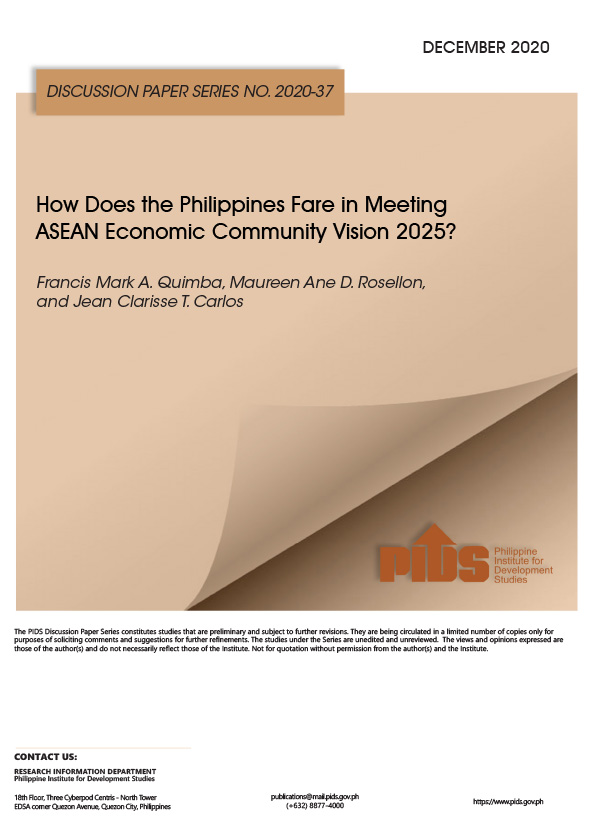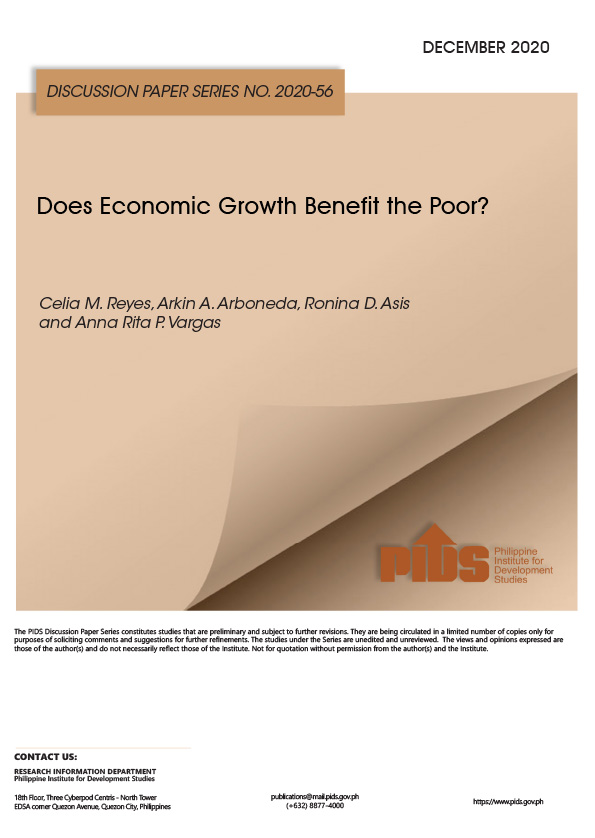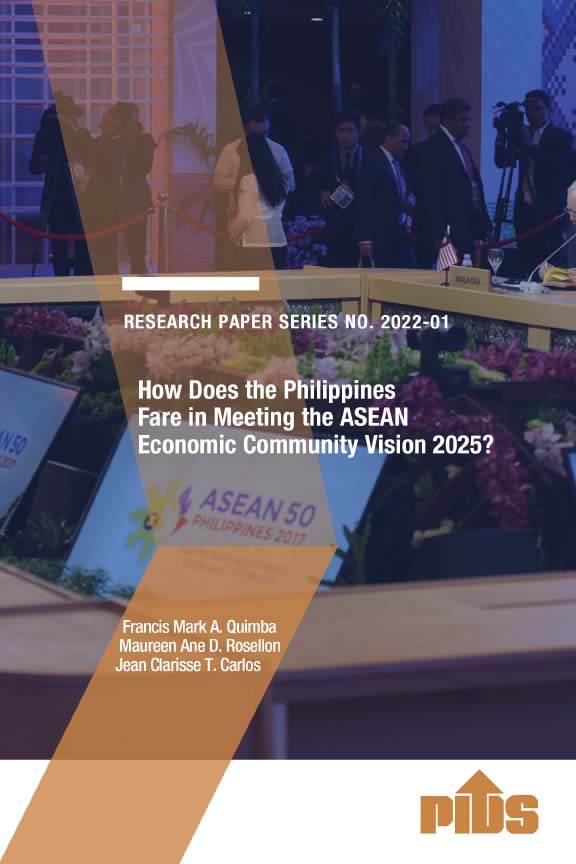ASEAN member-countries, including the Philippines, need to improve the quality of tertiary education to improve competitiveness crucial for seizing an opportunity for brain gain the ASEAN Economic Community (AEC) will bring starting next year.
Sheila Siar, director for research information at the Philippine Institute for Development Studies (PIDS), said the AEC might boost both South-South and North-South movements of skilled labor as a result of the growth of cross-border education, and increased mobility of professional workers with the implementation of the mutual recognition arrangements (MRA).
"Considering that it will enable freer movement and employment of qualified and certified skilled personnel in the region, in accordance with domestic rules and regulations, an MRA can potentially facilitate brain gain for the region," Siar said in a paper.
She said ASEAN member-countries could benefit not just from increased remittances but also from investment flows and knowledge and technology exchanges.
With greater competition for skilled labor, Siar said there is a need to improve the quality of tertiary education and adopt an international curriculum with sufficient regional and global focus and with an entrepreneurial dimension.
"University networks and alliances are useful avenues for improving the quality of tertiary education and strengthening research capacity," she said.
Siar said the initiatives of United Nations Educational, Scientific and Cultural Organization (Unesco), Southeast Asian Ministers of Education Organization (SEAMEO) and ASEAN are valuable in harmonizing higher education in the region and developing quality assurance frameworks and accreditation mechanisms.
"But more gains can be achieved if they can harmonise their work and coordinate efforts," she noted.
To capture an opportunity for brain gain, ASEAN countries, as potential international education providers and cross-border education partners, should address various issues affecting their competitiveness.
Siar said countries are still confronting problems of underdeveloped tertiary education systems, language issues and low innovation capacity.
"There is also a need to harmonise the different education systems in the region, implement quality standards, establish accreditation tools, and resolve language issues," she added.










